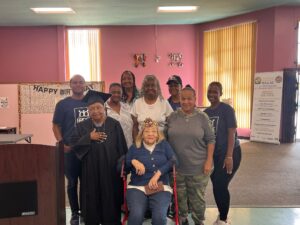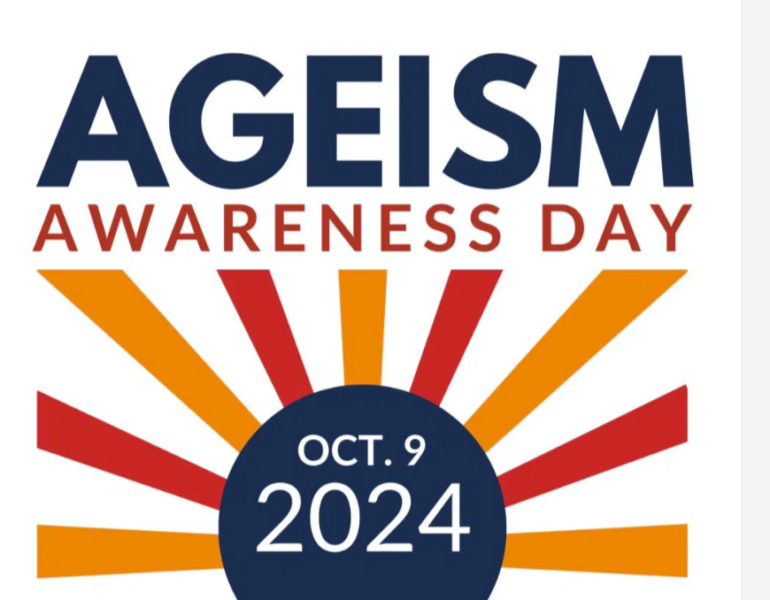In recognition of Ageism Awareness Day and Digital Inclusion week, it’s important to highlight how ageism manifests in the digital world, particularly affecting seniors—especially those from BIPOC and low-income communities. Digital literacy is crucial in today’s technology-driven society, yet older adults often struggle to keep up with rapid technological advancements, exacerbating their exclusion from critical resources and opportunities.
Research shows that older adults, especially those over 65, lag behind in digital literacy, with many lacking the skills to safely navigate the internet or access essential services online. This is particularly true for seniors in underinvested communities who have limited access to technology and the education necessary to use it effectively. The pandemic exposed and deepened this digital divide, isolating many seniors who lacked the digital skills to stay connected with family, friends, and vital health services (Stanford Center on Longevity).
The paradox of technological advancement is stark: while technology holds the potential to improve quality of life, it evolves at a pace too fast for many, especially seniors, to adapt. Devices become obsolete, software updates alter user interfaces, and new online tools require ongoing learning. For seniors who are already hesitant about technology, this constant change creates a barrier, making it harder for them to access online banking, healthcare, social connections, and employment opportunities. Without access to up-to-date skills, seniors risk being left behind in a society that increasingly relies on digital literacy (Stanford).

Our organization, Bridge The Digital Divide, advocates for digital equity and inclusion by offering tailored digital literacy programs aimed at seniors, especially those from marginalized backgrounds. We understand that providing access to devices is not enough; comprehensive training and ongoing support are essential to ensure that seniors can confidently use technology to enhance their lives. This includes teaching them how to safely browse the internet, use communication tools, and stay vigilant against online scams.
By addressing these gaps, we are not only helping to bridge the digital divide but also combating the ageism that sidelines older adults from the benefits of modern technology. Supporting our 60+ year old students start their youtube channels, podcasts, navigate their health portals, and navigate their phones is exciting and fulfilling. Our mission to support digital inclusion ensures that seniors are empowered to participate fully in the digital world, making our services vital to fostering a more inclusive society.
Bridge LA: Empowering communities, one digital skill at a time.

